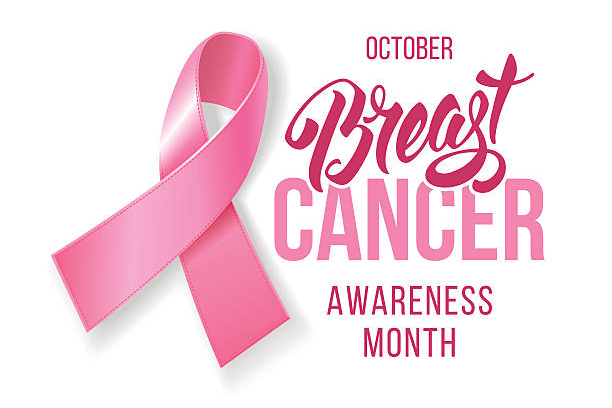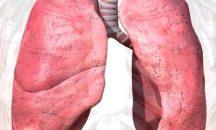The Spectator Breast Cancer Awareness Campaign launched

• Mr. Martin Adu-Owusu (right), MD, New Times Corporation, being supported by
Mr. Emmanuel Amponsah (2nd left), Editor of The Spectator,
Madam Dakoa Newman (3rd left), MP, Okaikoi South,
and Madam Lydia Naa Kowah Quaye (4th left),
Queen of Kaneshie Market Complex, to cut the ribbon
Dr Elsie Cudjoe, Representative of the World Health Organisation (WHO) has urged market women at the Kaneshie Market Complex to increase their physical activity to reduce the risk of contracting diseases including breast cancer.
Speaking at the launch of the Spectator Breast Cancer Awareness Campaign on Thursday in Accra, she noted that obesity, harmful use of alcohol, smoking, among others were some of the risk factors of breast cancer and stressed the need for women to adopt healthy lifestyles and propagate the message about the disease.
Highlighting global statistics and the general incidence of the disease she maintained that there was still life after breast cancer.
Dr. Cudjoe, emphaised the organisation’s effort to control the disease citing the ‘WHO Global Breast Cancer Initiative’ which aimed at reducing breast cancer mortality by 2.5 per cent per year.
“Reducing global breast cancer mortality by 2.5 per cent per year would avert 25 per cent (2.5 million) of breast cancer deaths by 2030 and 40 per cent by 2040,” she said.
The strategies, she noted, included health promotion and early detection, timely diagnosis, comprehensive breast cancer management/treatment, adding that early diagnosis was very crucial for treatment, therefore, women should avail themselves of breast cancer treatment options offered by health practitioners.
She further admitted that breast cancer treatment was expensive but part of it had been covered by the National Health Insurance Scheme (NHIS) therefore, women should take advantage of the opportunity.
“It is my hope that every woman diagnosed with breast cancer would have access to specialised care without causing financial catastrophy in line with universal health coverage,” she said.
The campaign is themed: “Life Before and After Breast Cancer: A Future of Positivity and Hope” and comes with series of activities including a health talk at the Labone Senior High School in Accra.
Ms Dakoa Newman, the Member of Parliament of the Okaikoi South Constituency, also advised men to stop stigmatising women with breast cancer or other forms of illness.
She said health professionals had identified bad eating habits, exposure to radioactive gadgets as some triggers of the illness, therefore, women should desist from putting mobile phones under their brassieres.
She further observed that, some women who had been diagnosed with illness did not follow through with their treatment for fear their husbands would abandon them “when they for instance lose their breast from breast cancer,” and encouraged women not to despair when diagnosed.
Mr. Martin Adu Owusu, Managing Director of New Times Corporation, also said the complications of breast cancer were “quite daunting but we need to provide hope and support for victims and non-victims of breast cancer so they can live meaningful lives.”

He said the campaign was one of the corporation’s strategies to help reduce the incidence of breast cancer and its attendant stigmatization in the country and expressed optimism that the campaign would “make positive impact on present and future generations.”
“We need to be tenacious and relentless in our effort to fight this disease. This is not a difficult task, we can save many lives and bring solace and prosperity to many families if we continue with aggressive campaign in regular examination and screening,” he said.
Mr. Emmanuel Amposnsah, Editor of The Spectator, also highlighted statistics of the disease indicating that the campaign was to educate the public on the risks, symptoms, and treatment options for the illness.















